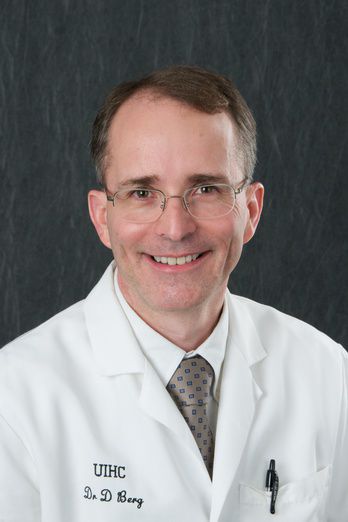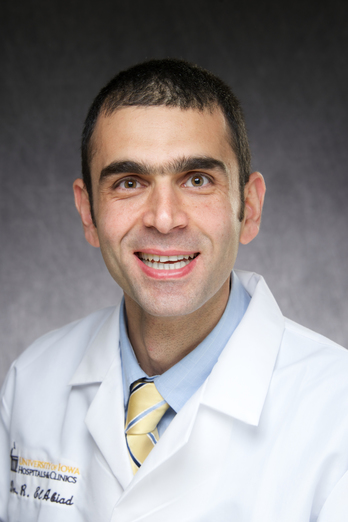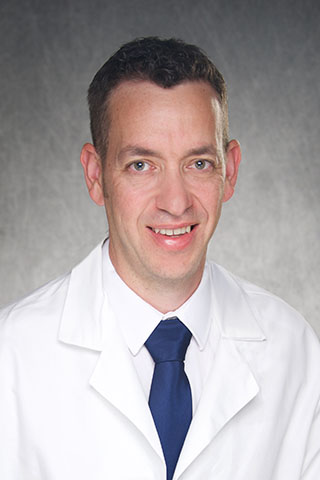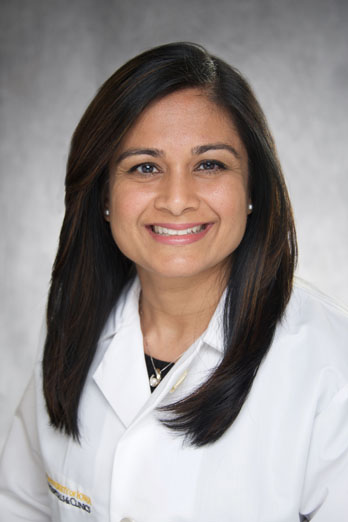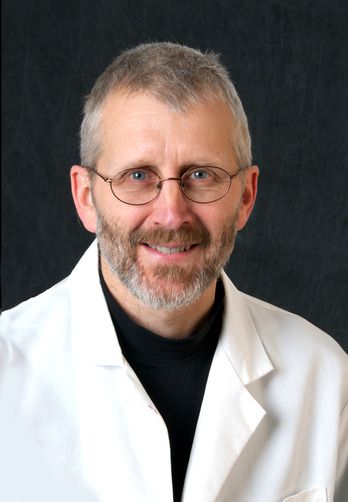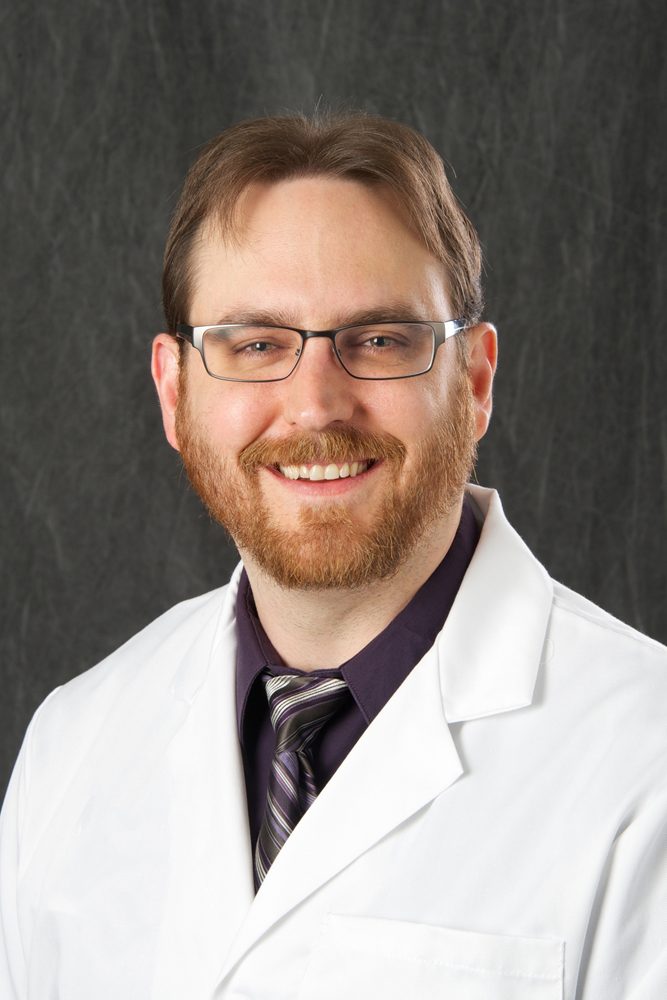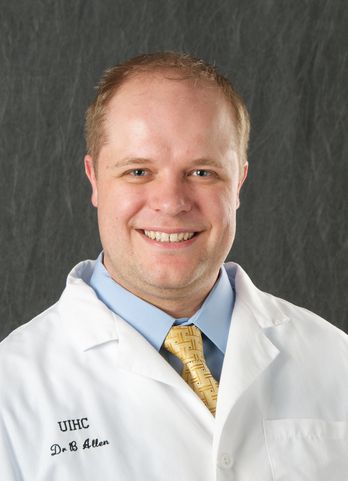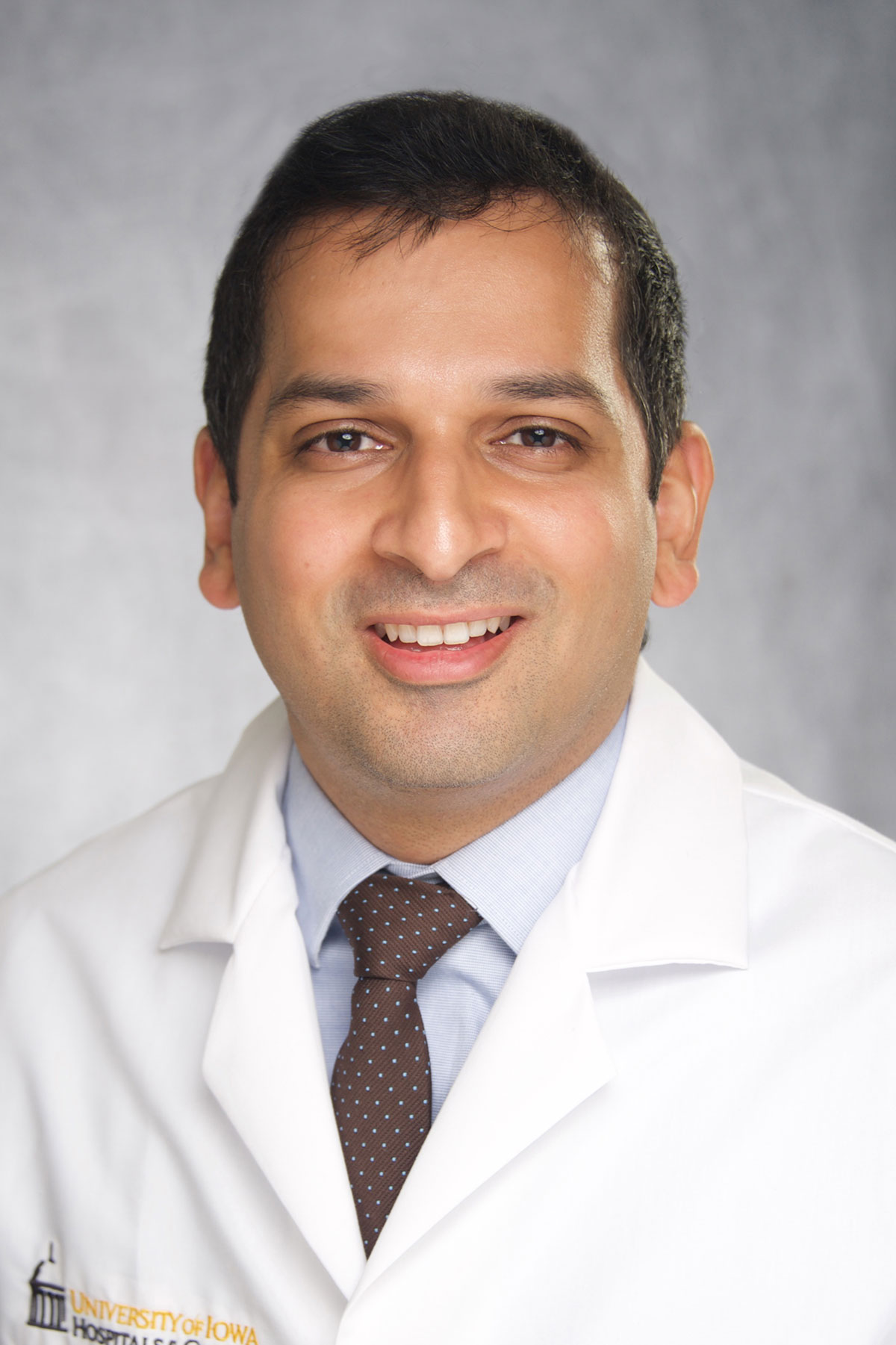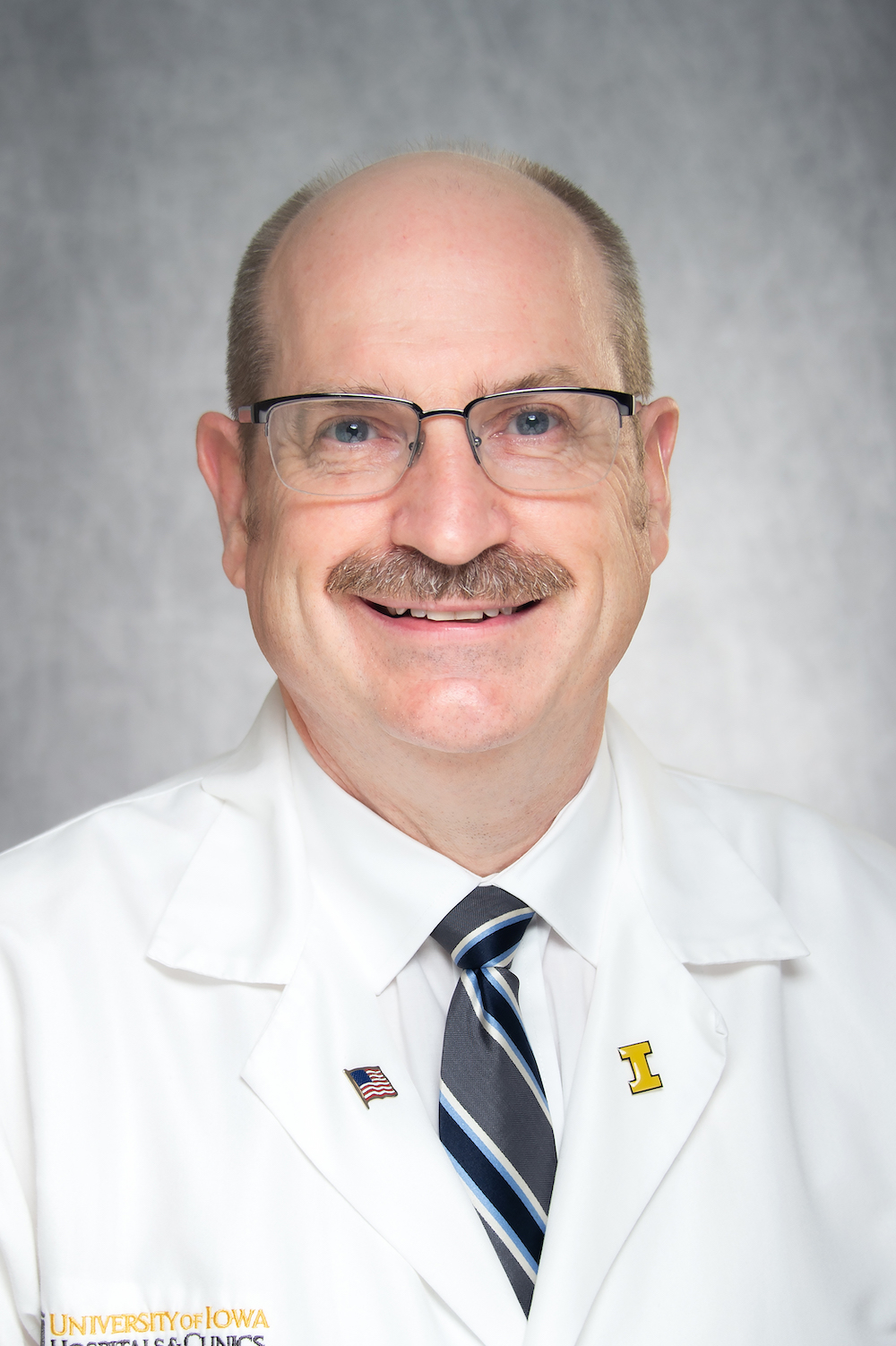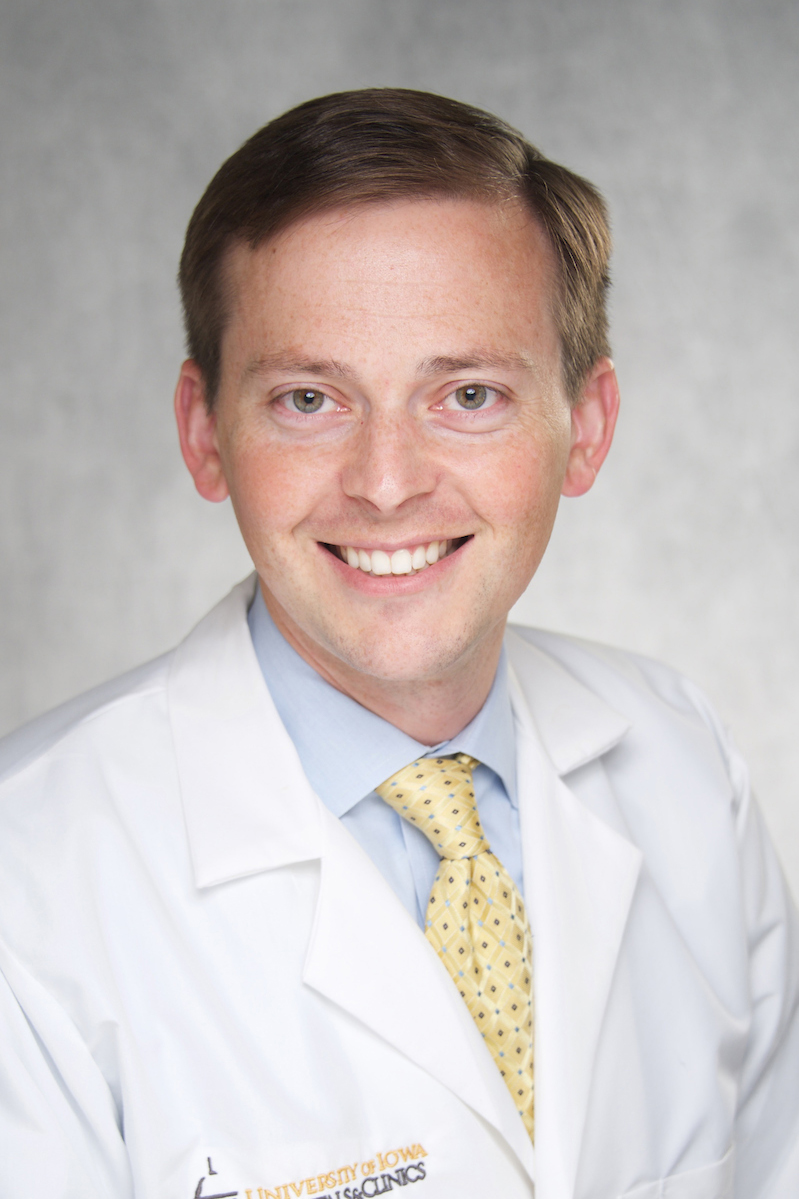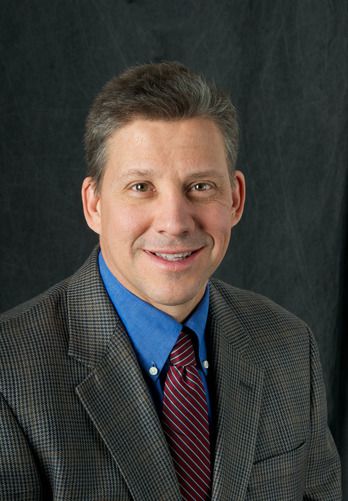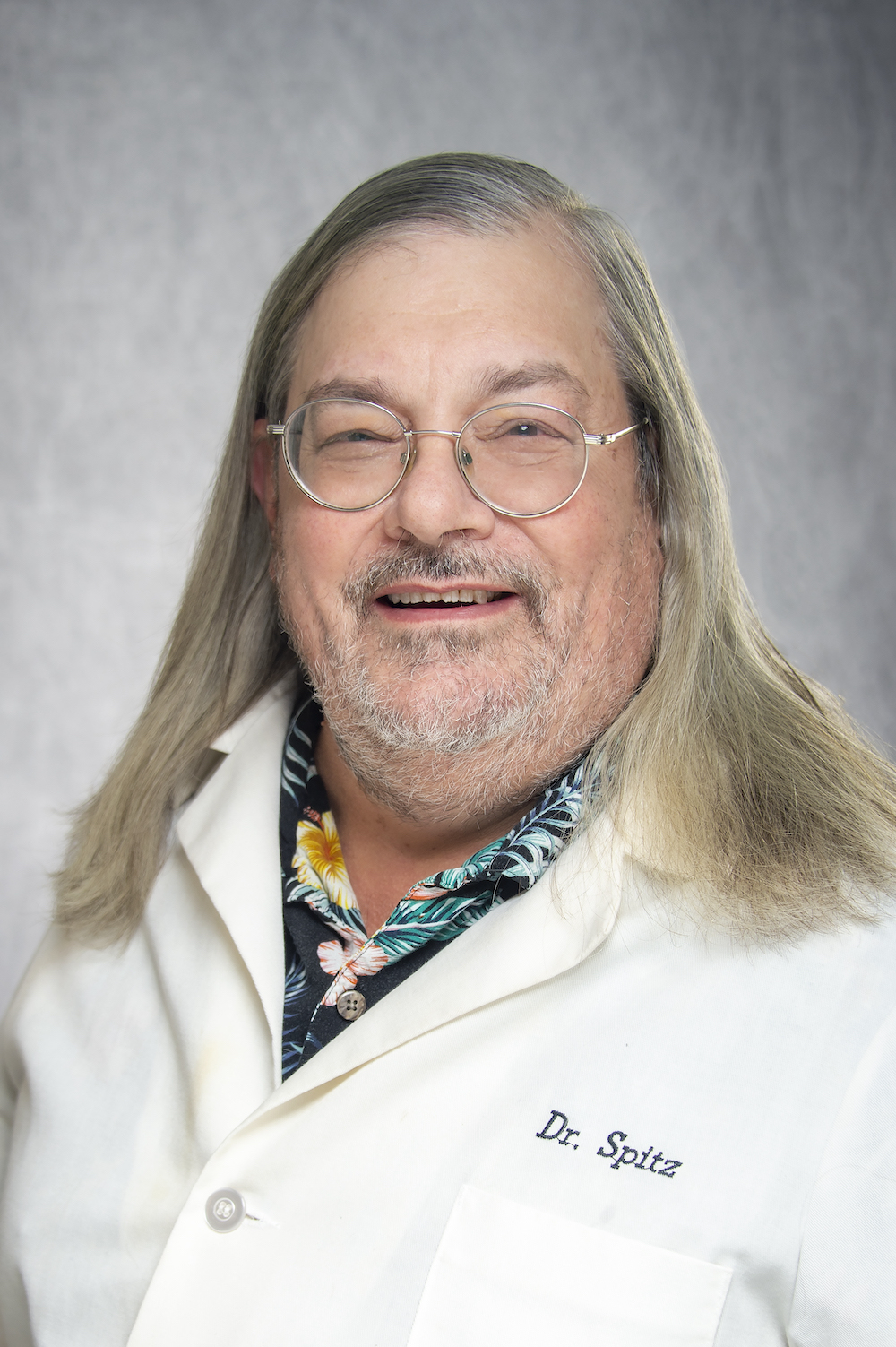Pain in your belly is one of the most common symptoms of gallbladder cancer.
The pain is usually on the upper right part of your abdomen. Other signs of gallbladder cancer include:
- Pain in the back of your right shoulder blade
- Yellowing of your skin and the whites of your eyes, also known as jaundice
- Nausea
Gallbladder cancer is rare, and all of these symptoms are also signs of other, more common conditions. But if you think you have a reason to concerned about gallbladder cancer, you should tell your doctor about your symptoms.
Learn more about gallbladder cancer, who gets it, and how it is treated.
- Gallbladder cancer is hard to find in its early stages.
-
The gallbladder is a small organ behind your lower right ribs and under your liver. The liver creates a fluid called bile that helps your body digest the fats you eat. Your body stores bile in the gallbladder.
Small, early tumors in the gallbladder are hard to find because:
- The gallbladder is hidden deep inside your body, so your doctor can’t feel it for lumps.
- There are no blood tests or other ways to detect early gallbladder cancer.
Some people who have gallbladder cancer don’t know they have it until after they have surgery for a different reason—for example, to remove gallstones from the gallbladder.
In many cases, gallbladder cancer isn’t found until after the tumor has had time to grow larger and spread to the liver or other parts of the abdomen.
- Gallstones are the leading risk factor for gallbladder cancer.
-
A risk factor is anything that increases your chances of getting cancer. That means that a person who has had gallstones in the past has a higher chance of getting gallbladder cancer.
Because women are more likely than men to get gallstones, that means women are also more likely to get gallbladder cancer.
Most people who have gallstones never get gallbladder cancer. It’s a very rare type of cancer. But most people who get gallbladder cancer have had gallstones in the past.
Other risk factors for gallbladder cancer are:
- Weight: Most people who get gallbladder cancer are overweight or obese.
- Age: Most people with gallbladder cancer are 65 or older when they are diagnosed.
- Treatment for gallbladder cancer usually includes surgery to remove all or part of the gallbladder.
-
Your gallbladder helps your body digest fats by storing the bile that is created in the liver. But you can live a normal life without a gallbladder by making some changes to the way you eat. More than 600,000 people have their gallbladders removed every year.
Removal of the gallbladder—a procedure called cholecystectomy—is the recommended treatment for a gallbladder that has a tumor in it. If the cancer has spread beyond the gallbladder, the surgeon also may remove parts of the bile ducts or the liver.
Chemotherapy and radiation treatments may be used if it appears the cancer cells may have spread to other parts of the body.
Holden Comprehensive Cancer Center has doctors who are experts in gallbladder cancer.
Our gallbladder specialists understand the disease, know about the most recent treatment options, and can help you determine what care plan is best for you.
We also offer:
Multiple treatment options: Each gallbladder cancer diagnosis is different, and each treatment option should be too. Our doctors and staff work with you to create a treatment program that will best fit you and your cancer.
Clinical trials: Our doctors also are researchers who participate in studies of the latest breakthroughs in treating and preventing gallbladder cancer. We offer those promising new therapies to our patients, before they’re widely available elsewhere.
Personalized care from a team of experts: Your care team is made up of surgical oncologists, medical oncologists, radiation oncologists, radiologists, pathologists, pharmacists, genetic counselors, nurses, and others, who all work together to design a treatment plan tailored to your cancer and your needs—including your life after treatment.
Your team is dedicated to you and your cancer.
Internal Medicine Physicians
Pathology Physicians
Pediatric Physicians
Radiation Oncology Physician
Radiology Physicians
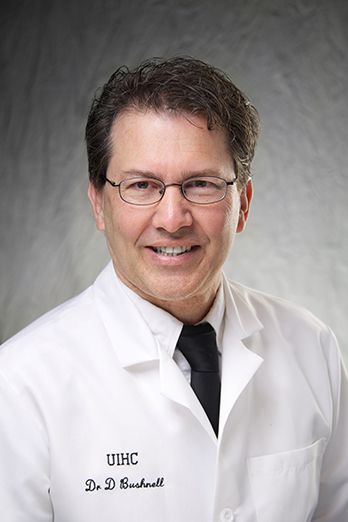
David L. Bushnell, Jr., MD
- Professor
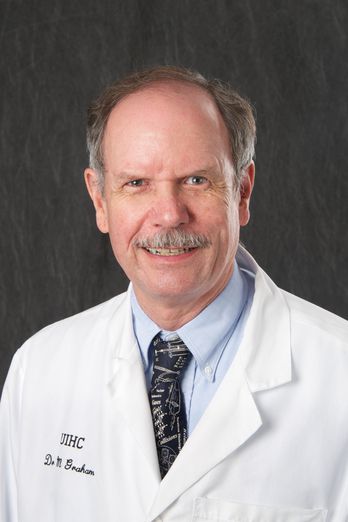
Michael M. Graham, MD, PhD
- Professor
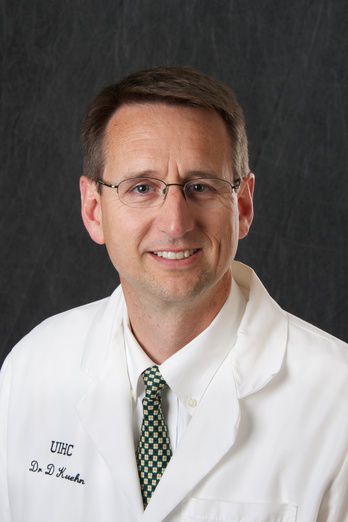
David M. Kuehn, MD
- Clinical Associate Professor

Parren S. McNeely, MD
- Clinical Assistant Professor
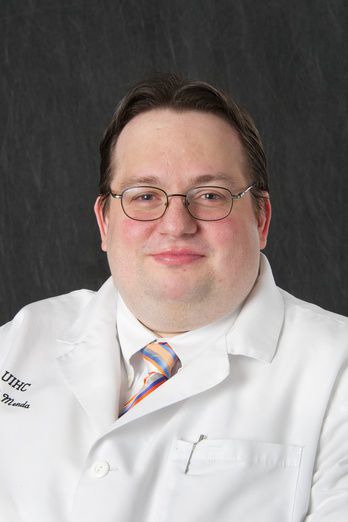
Yusuf Menda, MD
- Co-leader, Free Radical Metabolism and Imaging (FRMI) Program
- Professor
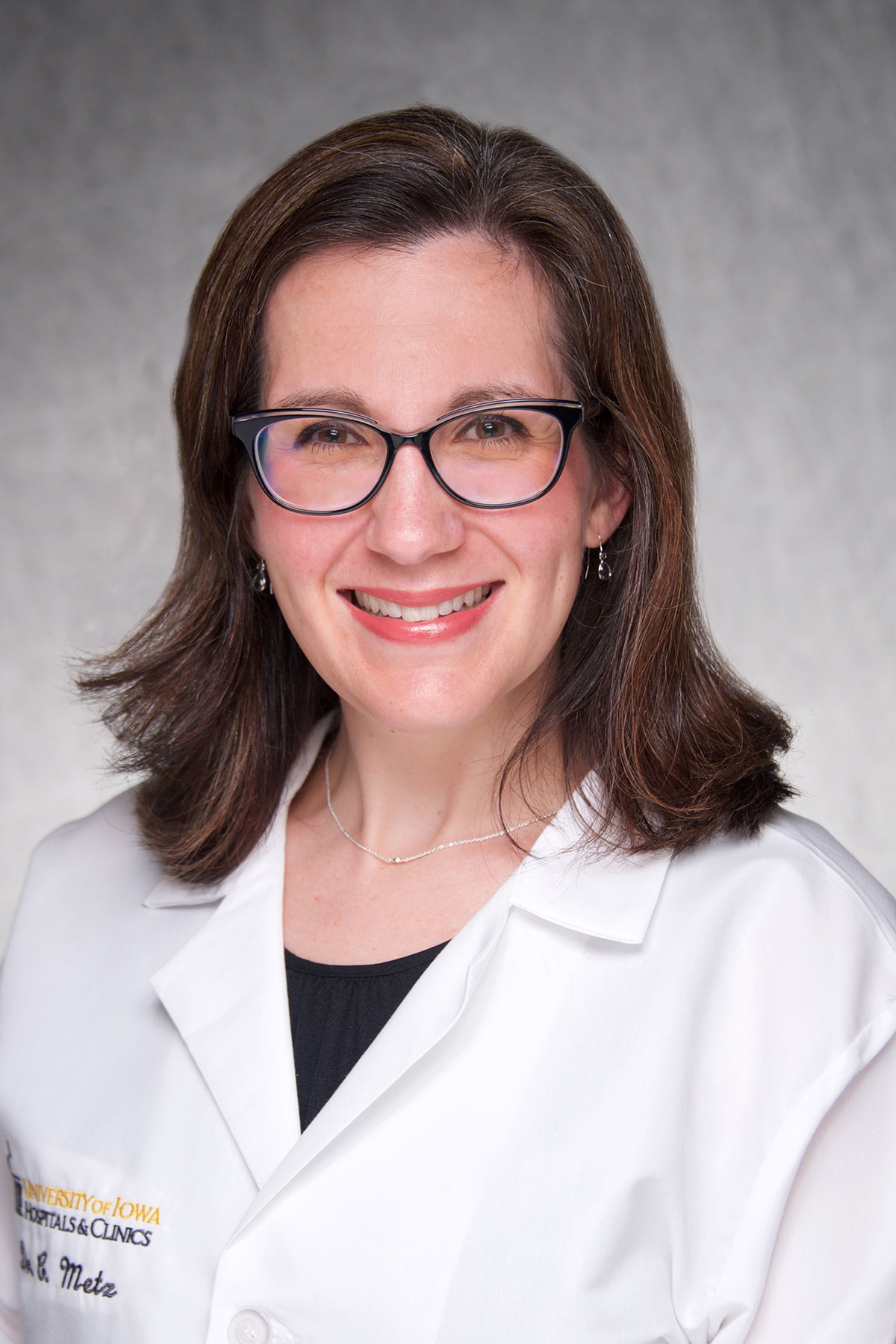
Catherine M. Metz, MD
- Clinical Assistant Professor
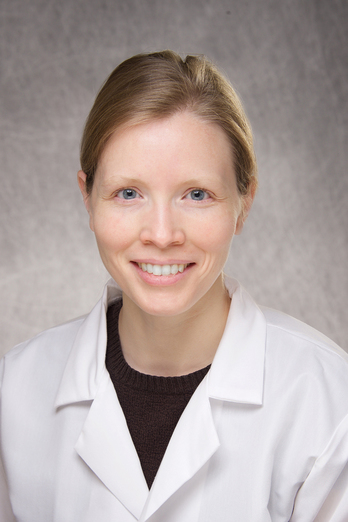
Janet H. Pollard, MD
- Clinical Assistant Professor
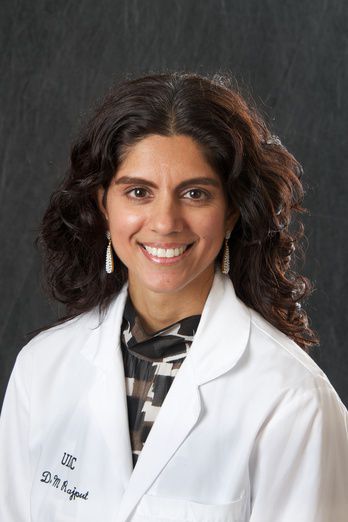
Maheen Rajput, MD
- Clinical Associate Professor
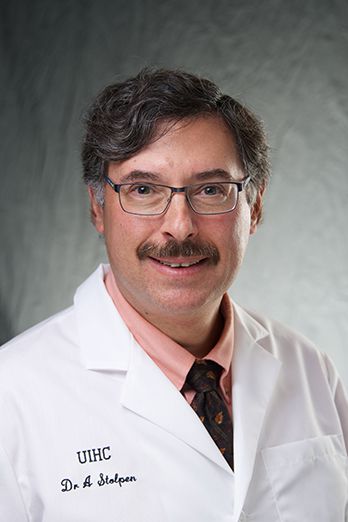
Alan H. Stolpen, MD, PhD
- Associate Professor
Surgeons
Genetic Counselors
Cancer Care Clinics
Clinical Cancer Center
21602 Pomerantz Family Pavilion (PFP)Elevator M, Level 1
Phone: 1-319-356-4200

